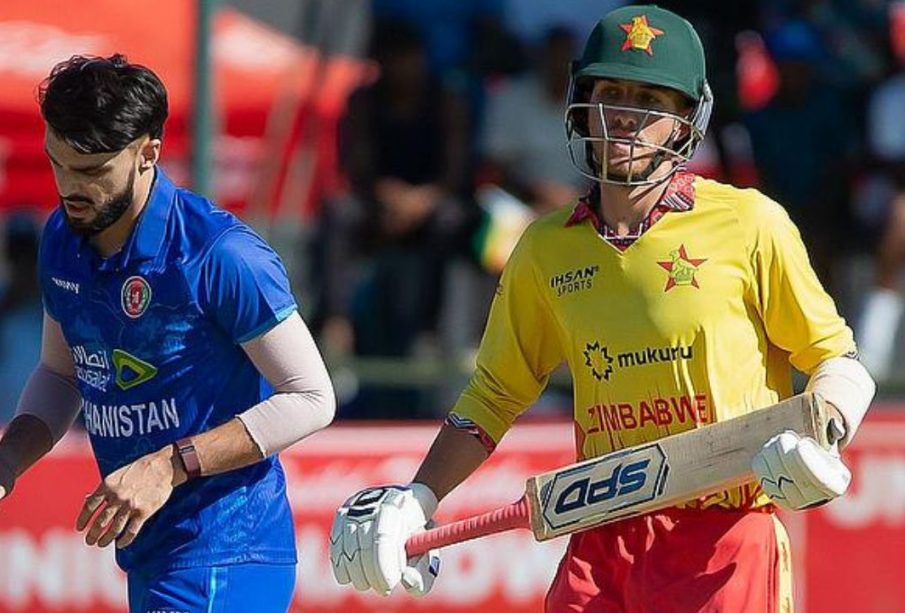Afghanistan vs Zimbabwe: Cricket Match Insights

Introduction
The recent match between Afghanistan and Zimbabwe garnered significant attention within the cricket community, emphasizing the growing competitiveness of teams in international cricket. As both nations fight to establish their prowess on the global stage, this encounter not only highlighted their cricketing skills but also their potential for future success.
Recent Match Overview
On October 24, 2023, Afghanistan faced Zimbabwe in a thrilling One Day International (ODI) match held at the Harare Sports Club. With both teams looking to secure critical points in their quest for ICC rankings, spectators anticipated a riveting contest. Afghanistan, known for their spin bowling and emerging batting talents, aimed to dominate the pitch, while Zimbabwe sought to leverage home advantage.
Afghanistan won the toss and opted to bat first. The innings began steadily, with openers navigating through early overs against a disciplined Zimbabwean bowling attack. Hashmatullah Shahidi made significant contributions, scoring 85 runs, supported by the explosive innings of Rahmanullah Gurbaz, who added 68 runs to the total. The Afghan side finished their innings at 270 runs for 8 wickets, setting a competitive target.
In response, Zimbabwe struggled initially, losing quick wickets to Afghanistan’s pace and spin combination. Despite a resilient effort from captain Craig Ervine, who scored 72 runs, the Zimbabwean batting order faltered under pressure. Ultimately, Zimbabwe could only muster 230 runs, falling short by 40 runs and handing Afghanistan a crucial victory.
Key Performances
Afghanistan’s performance was underpinned by exceptional bowling from Rashid Khan and Mohammad Nabi, who clinched key wickets at critical stages of the game. Rashid’s figures of 4 for 42 were instrumental in dismantling Zimbabwe’s middle order, while Nabi’s tight bowling in the death overs ensured Afghanistan maintained control throughout.
For Zimbabwe, Ervine’s captaincy and batting showed promise, alongside notable performances from Bradley Evans, whose two wickets helped keep Afghanistan’s total in check, prompting a challenging chase.
Conclusion
This match not only reinforced Afghanistan’s developing cricketing legacy but also ignited hope for Zimbabwe’s resurgence on the international circuit. As both teams continue to nurture talent and refine their strategies, upcoming fixtures will be crucial in shaping their cricketing destinies. With the ICC Cricket World Cup approaching, both nations will aim to solidify their standings, making their performances in future matches all the more significant for fans and analysts alike.


